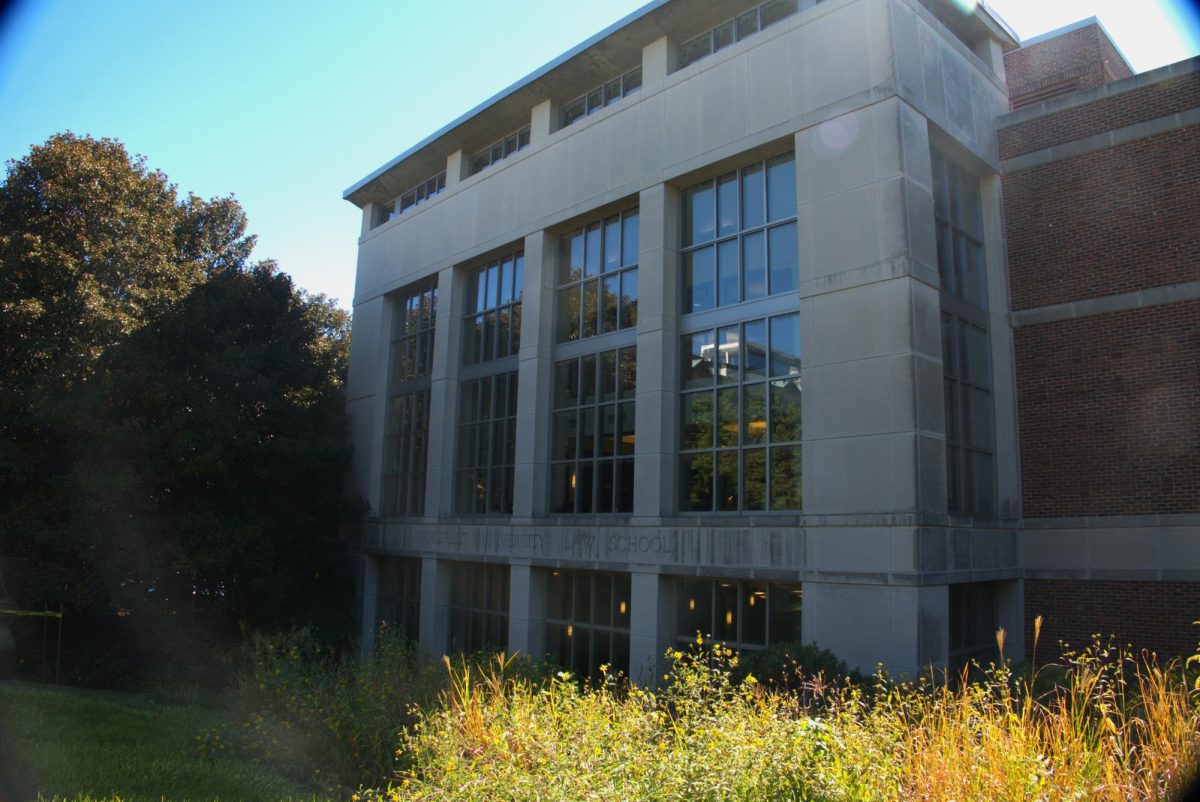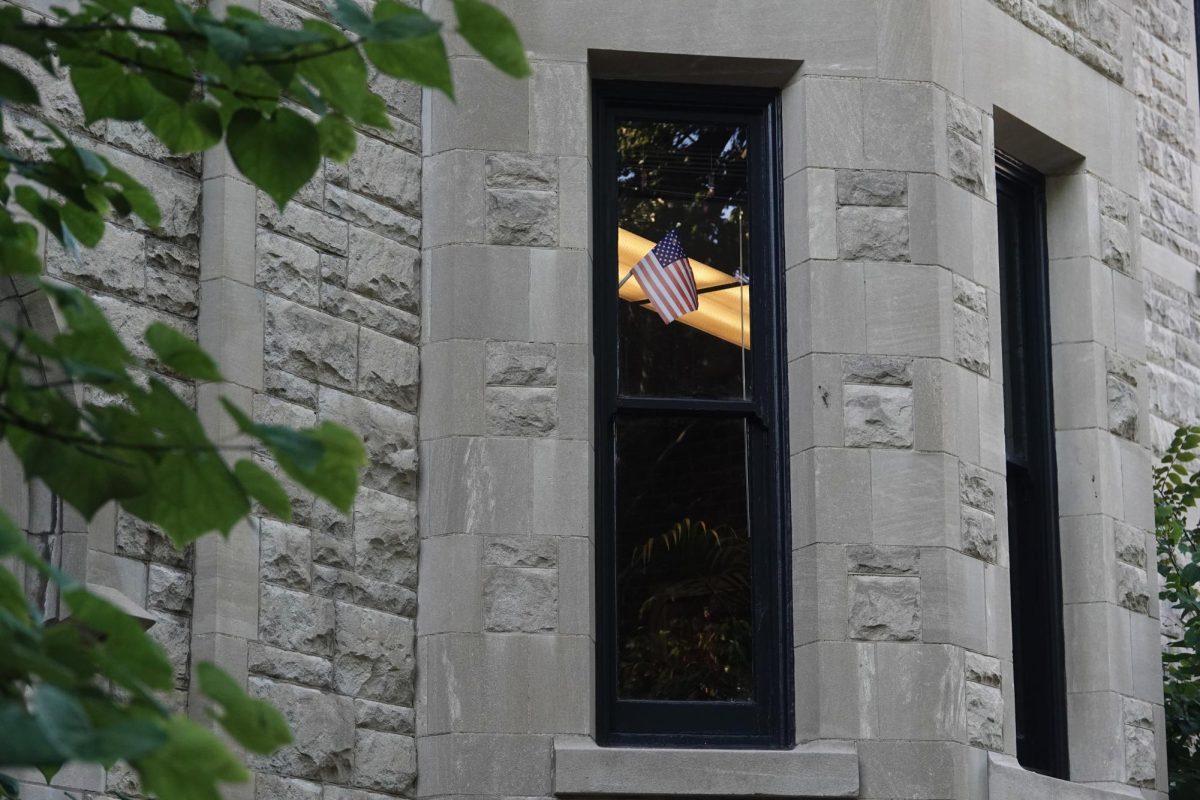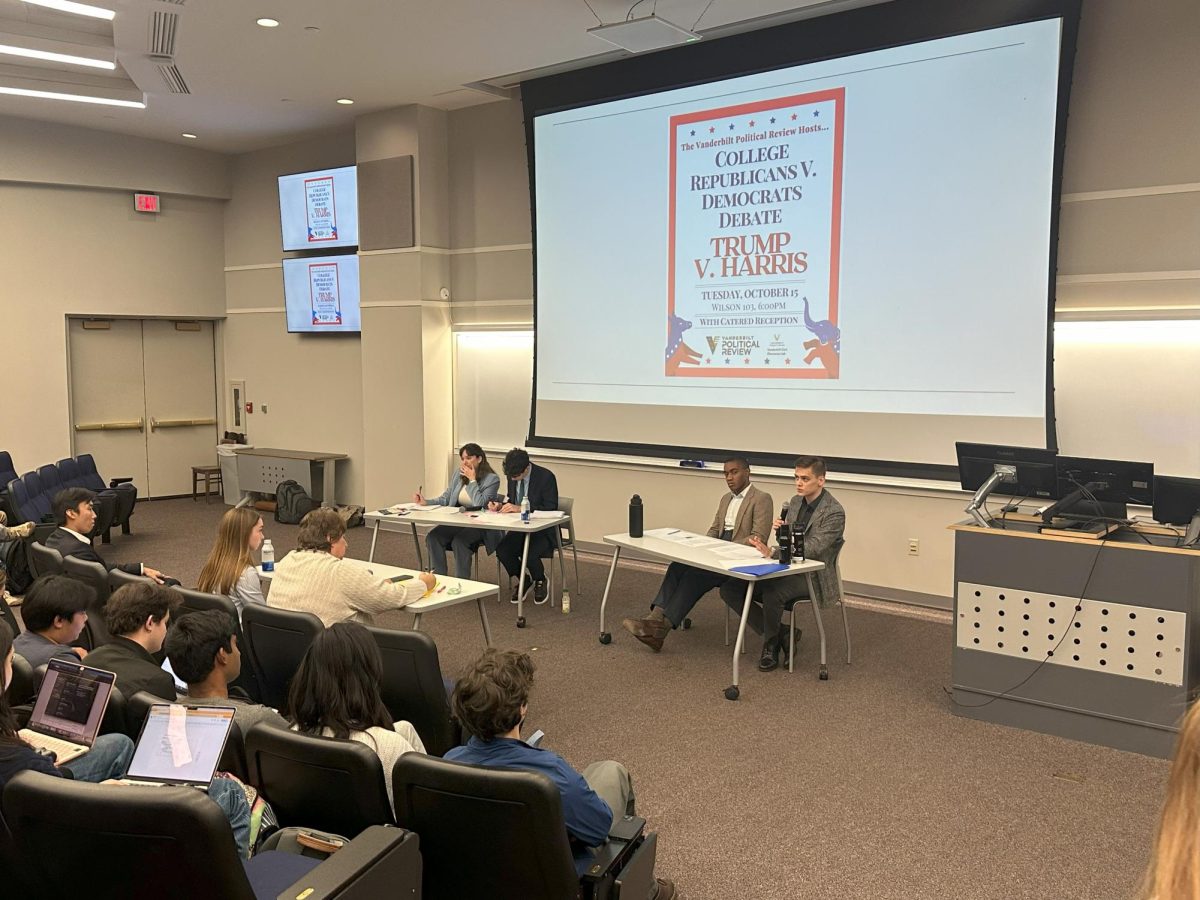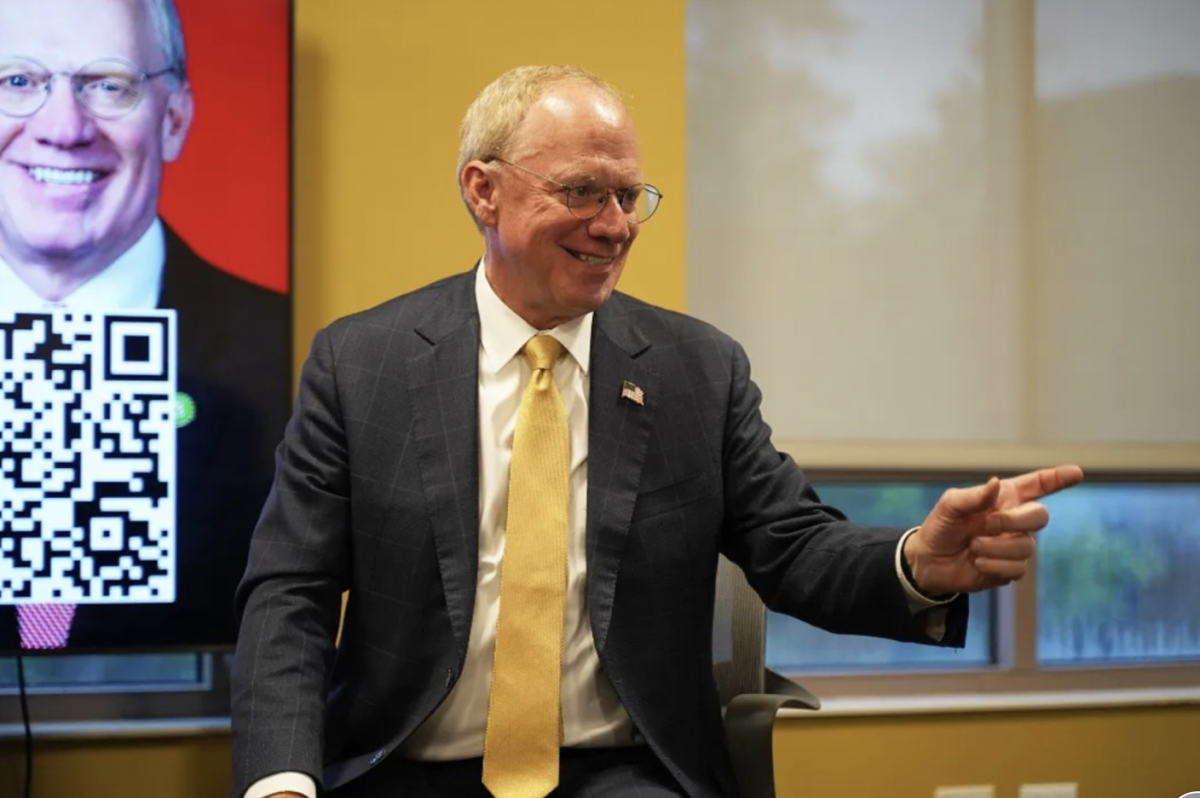Former U.S. Rep. Jim Cooper (D-Tenn.) will be joining the Vanderbilt Law School faculty this coming spring. Cooper was a Democratic U.S. congressman for Tennessee’s 4th and 5th Districts from 1983 to 1995 and 2003 to 2023, respectively. Last year, he stepped down after Nashville’s Republican-controlled legislature gerrymandered his Democratic stronghold into three Republican-held districts, effectively ending his ability to win re-election.
Political efforts
Cooper completed his undergraduate studies at the University of North Carolina-Chapel Hill, attended the University of Oxford as a Rhodes Scholar and earned his J.D. at Harvard before working at Nashville firm Waller Lansden Dortch & Davis for two years. In 1982, he first set his sights on the Capitol, becoming, at the time, the youngest member of Congress at the age of 28.
During this term, he gained attention for sponsoring a bipartisan contender against Clinton’s healthcare plan that left out “employer mandates” — the obligation for employers to contribute to employees’ healthcare plans. The 1994 proposal was divisive: over 55 members co-sponsored the bill, but he caught flack for his ties to Nashville healthcare executives. In 1994, Cooper lost a special election to Republican Fred Thompson in an attempt to win Al Gore’s Senate seat. This election, which occurred alongside Bill Frist’s run to office, was called a “political Super Bowl” by the New York Times. It was the first time since 1978 that both Senate seats flipped in one election cycle, this time, going to the GOP.
After the loss, Cooper moved back to Nashville and co-founded Brentwood Capital Advisors, a healthcare-centered investment bank. This effort built upon his previous experience in healthcare law, for which he legislated throughout his first period in U.S. Congress. In 2003, he successfully mounted another election to Congress, this time under the 5th District.
Just two years later, Cooper began teaching healthcare law and regulation at Vanderbilt’s Owen School of Management. He was formerly an adjunct professor at the Owen School from 1995-2002. From 2021 until his exit this year, Cooper chaired the Strategic Control arm of the U.S. Committee on Armed Services, overseeing nuclear weapons and ballistics programs. During his 32-year tenure in Congress, he served on more committees than any other member.
Joining Vanderbilt Law
As a distinguished scholar in residence at Vanderbilt Law, Cooper will teach a course on Congress and guest lecture for other law classes. In a statement to The Hustler, Chris Guthrie, dean of VLS, lauded Cooper’s lifelong commitment to teaching.
“Congressmen Cooper is a scholar at heart,” Guthrie said. “He is erudite, analytical and deeply thoughtful. On top of that, he has unparalleled knowledge of Congress and the policymaking process. Our students and faculty will be lucky to learn from him.”
Cooper will also work with the Vanderbilt Policy Accelerator, a program that works hand-in-hand with governmental agencies to research and study various economic and social issues. The initiative was founded in February 2023 and is helmed by Ganesh Sitaraman. In an Aug. 23 press release from VLS, Sitaraman praised Cooper’s governmental involvement.
“Jim Cooper is a thoughtful, distinguished and dedicated public servant…we are very excited for him to bring his decades of experience and deep commitment to careful policy analysis to the VLS [Vanderbilt Law School] community,” Sitaraman said.
Student reactions
Despite positive reactions from faculty, Cooper’s return to Vanderbilt generated varied responses from students. Chase Mandell, a senior and president of Vanderbilt College Democrats, applauded the decision.
“The Vanderbilt College Democrats are excited to hear about the hiring of Jim Cooper into the faculty of the Vanderbilt Law School,” Mandell said. “Jim Cooper has been a fundamental part of Tennessee and national politics for decades and brings with him a wealth of experiential knowledge that will undoubtedly benefit his students.”
Alex Wright, a junior and president of Vanderbilt College Republicans, also praised the decision.
“In his 20 years representing Nashville in Congress and overseeing the rapid growth of the city, we believe his high profile and robust political acumen will provide students with truly unique insights into the world of politics, practicing law, and how legal backgrounds can be applied diversely and effectively,” Wright said.
However, one 3L student, who was granted anonymity due to fear of academic repercussions, said they disagree with the school’s decision to hire Cooper.“I just think universities, in general, should stay away from hiring political figures. It’s just a bad look. You aren’t pleasing liberals or conservatives by hiring someone, regardless of party,” the student said. “People who go into politics to make a bunch of corrupt decisions and then land a cushy job afterward are making this country worse, not better.”













